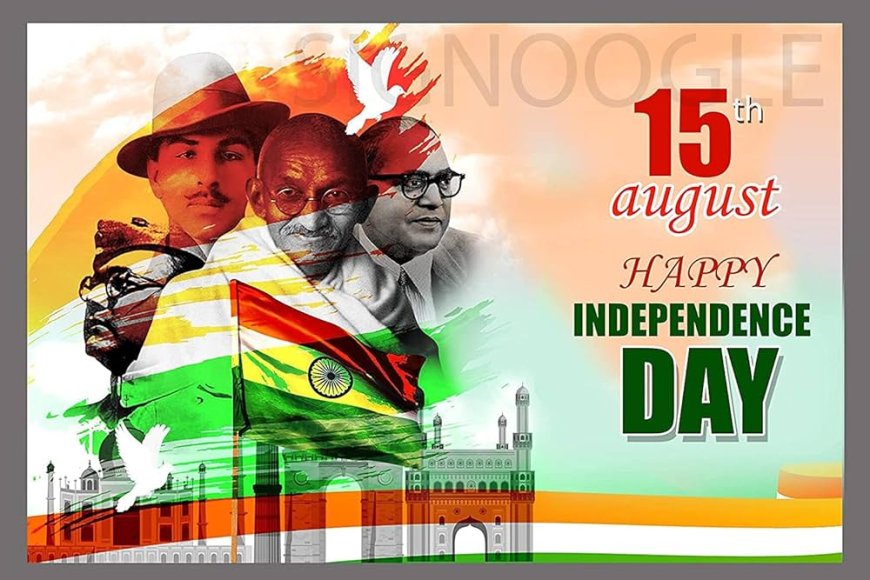Independence Day: Honoring the Spirit of Freedom
Celebrate India’s Independence Day by remembering the sacrifices of our freedom fighters and embracing the values of unity, peace, and progress.

Independence Day: Honoring the Spirit of Freedom
Introduction
Independence Day is one of the most significant national celebrations in India. Observed on August 15th every year, it commemorates the end of British colonial rule in 1947 and the birth of a sovereign nation. The day is marked by patriotic fervor, flag-hoisting ceremonies, cultural events, and remembrance of the sacrifices made by countless freedom fighters who devoted their lives to India’s liberation.
History of Independence Day
The struggle for India’s independence spanned centuries, beginning with early revolts against foreign dominance. The First War of Independence in 1857, also known as the Sepoy Mutiny, ignited the flame of resistance. Over the decades, leaders like Mahatma Gandhi, Jawaharlal Nehru, Subhas Chandra Bose, Bhagat Singh, Rani Lakshmibai, and many others led nationwide movements demanding freedom.
From the Non-Cooperation Movement to the Quit India Movement, the fight for independence was built on both non-violent resistance and armed struggles. Finally, after years of relentless efforts and negotiations, India gained independence from British rule on August 15, 1947, with Pandit Jawaharlal Nehru becoming the nation’s first Prime Minister.
Significance of the Day
Independence Day is not just a historical marker—it is a reminder of the values of freedom, unity, and democracy. It symbolizes India’s resilience, diversity, and determination to shape its own destiny. The day also honors the countless martyrs whose sacrifices laid the foundation for a free India.
How Independence Day is Celebrated
Across the nation, Independence Day is celebrated with great enthusiasm:
-
Flag Hoisting: The Prime Minister hoists the national flag at the Red Fort, followed by the national anthem and a speech addressing the nation’s achievements and challenges.
-
Cultural Programs: Schools, colleges, and communities organize patriotic songs, dances, plays, and speeches.
-
Parades and Displays: The armed forces and various state contingents showcase the country’s defense capabilities and cultural heritage.
-
Decorations: Streets, homes, and offices are adorned with tricolor decorations, and the sky often fills with colorful kites symbolizing freedom.
Independence Day and National Unity
This day serves as a unifying force, bringing together people from all walks of life regardless of religion, caste, or language. It reminds us that despite our differences, we share the same dream of progress, peace, and prosperity.
Conclusion
Independence Day is more than a celebration—it is a call to action. While we honor the past and the heroes who won our freedom, we must also take responsibility for the present and future. True independence is achieved when every citizen enjoys equality, justice, and opportunities to thrive. As we raise our tricolor high, let us pledge to protect our hard-earned freedom and contribute to building a stronger, more united India.

 Ellofacts
Ellofacts 





